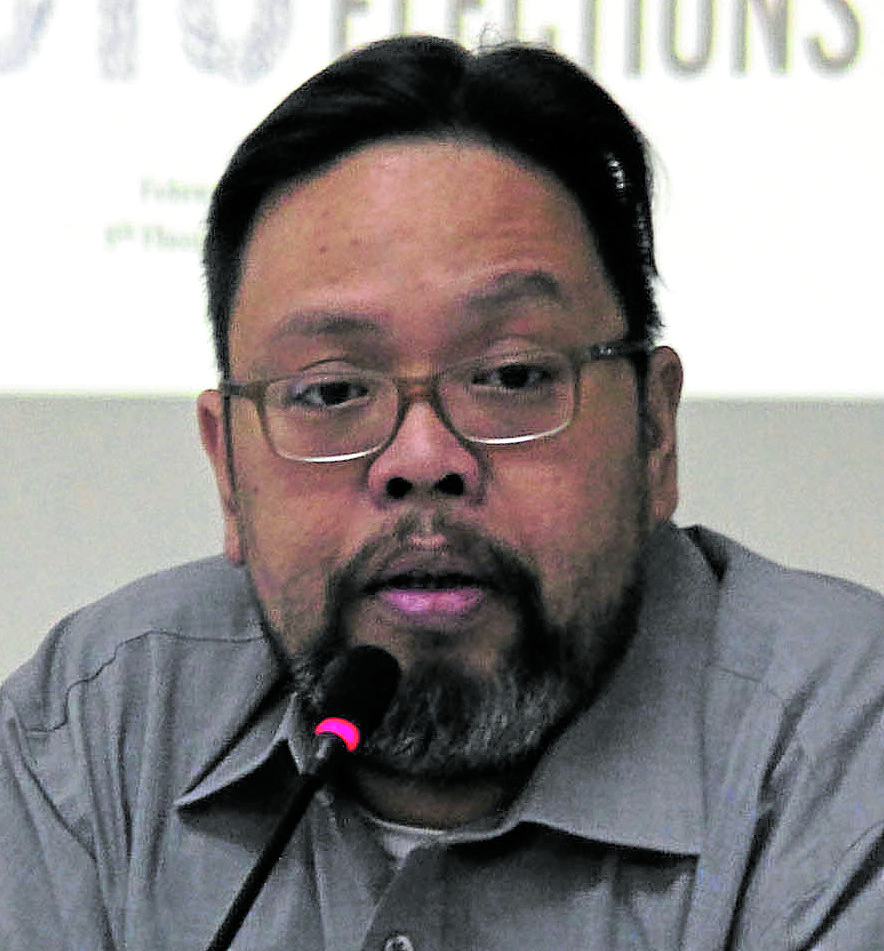Comelec gets IATF nod to simulate voting in pandemic scenario
MANILA, Philippines — The government’s COVID-19 pandemic task force has allowed the Commission on Elections (Comelec) to conduct a voting simulation exercise in San Juan City on October 23, calling it an essential activity in preparation for the May 2022 elections.
The Inter-Agency Task Force for the Management of Emerging Infectious Diseases (IATF) said all participants in the activity, including the voters, would be exempted from travel restrictions.
They would not be required to show proof of vaccination or undergo a reverse transcription-polymerase chain reaction (RT-PCR) test, it said.
“In order to ensure the safe and effective conduct of the 2022 national and local elections, the IATF recognizes that voting simulation exercises are essential activities and as such, poses no objection to the request of the Commission on Elections to conduct the same,” the task force said in its Resolution No. 144.
Not an excuse
The May 2022 polls would be the first national elections conducted amid a pandemic, and the Comelec is expected to impose health protocols to prevent coronavirus transmissions at the voting centers.
Comelec spokesperson James Jimenez warned as early as May 2020 that the national health emergency should not be used as an excuse to call off the elections.
In a tweet last month, when granular lockdowns were implemented in some areas in Metro Manila, Jimenez said: “The granular lockdown concept should not be used to prevent people from voting or to force [a] failure of elections.’’
“The 2022 national and local elections won’t be postponed or canceled,” he said in another tweet.
On September 16, the IATF placed Metro Manila under the pilot community quarantine classification with five alert levels, as well as a new zoning containment strategy—the technical term for a granular lockdown where movement is limited.
A granular lockdown—quarantined area that is smaller in scale than an entire town or city—can be enforced on a village, a street, or even just a house or building tagged as a “critical zone” due to a high risk for COVID-19 infections. The lockdown period is not less than 14 days.
Youth voters
The Comelec said on Friday that some 4.09 million new youth voters have registered for the 2022 balloting as of October 14.
In total, there were 4,094,614 newly registered voters in the 18 to 21 age bracket, according to the poll body.
The Comelec said it was “notable” that 18-year-olds, or first-time voters, was “significantly lower” than other age groups, accounting for only 318,841, or 7.7 percent, of the new registrations.
Women slightly outnumber men with 52.67 percent, or 2,156,657 of the new voters identifying themselves as female, and 47.32 percent, or 1,937,957 listed as male.
Voter registration was supposed to have ended on September 30 but the Comelec allowed an extra period from October 11-30 after the House and Senate pressed for an extension, citing a strong public clamor.
Those who intend to register or reactivate their old records can do so from Monday to Friday, from 8 a.m. to 5 p.m., at local Comelec offices or in official satellite registration sites.
For more news about the novel coronavirus click here.
What you need to know about Coronavirus.
For more information on COVID-19, call the DOH Hotline: (02) 86517800 local 1149/1150.
The Inquirer Foundation supports our healthcare frontliners and is still accepting cash donations to be deposited at Banco de Oro (BDO) current account #007960018860 or donate through PayMaya using this link.
